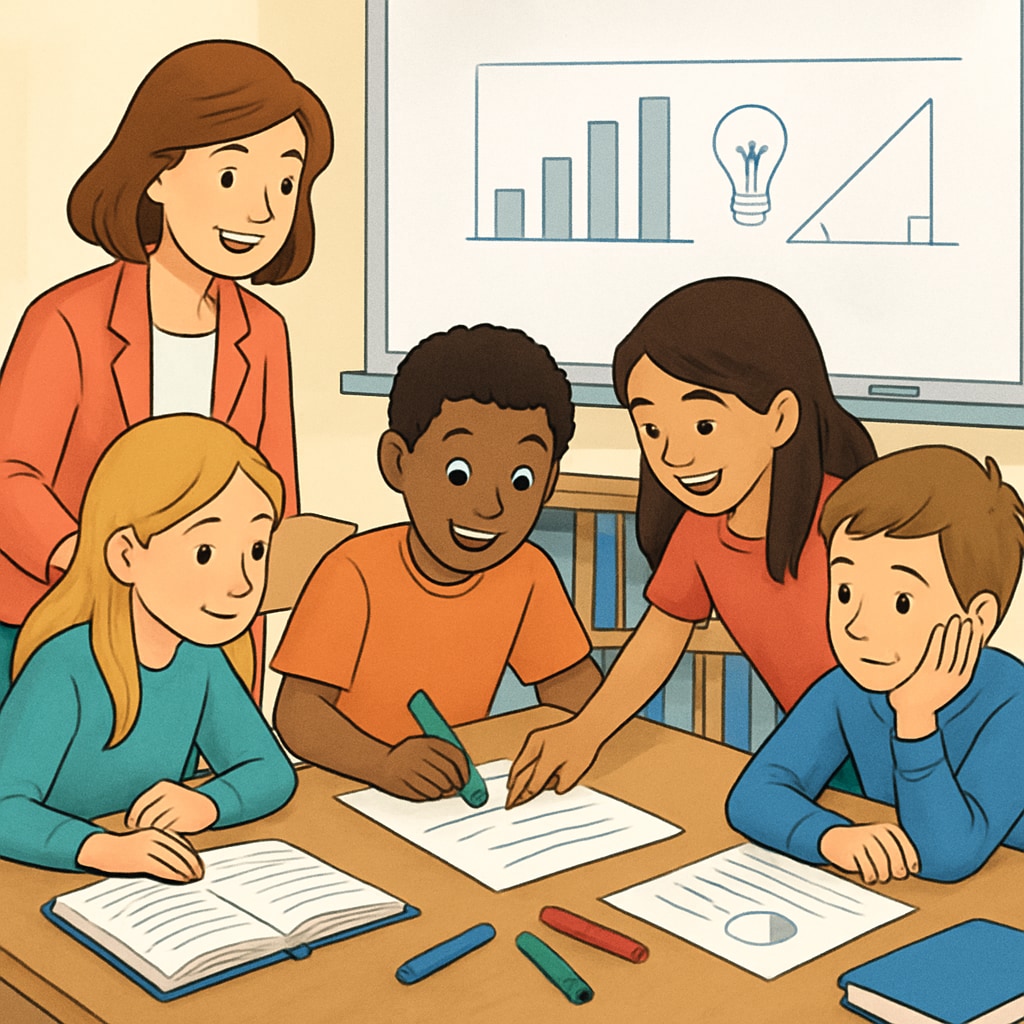K12 education is the cornerstone of personal development, providing students with the tools to cultivate critical thinking, emotional intelligence, and strong character. These foundational years prepare individuals not only for higher education but also for lifelong personal growth and success. As a result, understanding the essential role of K12 education in shaping character and thinking skills is vital for educators, parents, and policymakers.

The Role of K12 Education in Developing Character
Character development is a key focus during the K12 years, as students learn values such as integrity, empathy, resilience, and cooperation. Schools often achieve this through structured activities like team-based projects, community service, and lessons on social responsibility. These experiences help students understand the importance of contributing to society and respecting diverse perspectives.
- Empathy and Emotional Intelligence: Encouraging empathy enables students to understand and relate to others, fostering relationships built on trust and respect.
- Resilience: Overcoming challenges in academic and extracurricular activities teaches students persistence and adaptability.
- Ethics and Responsibility: Exposure to real-world dilemmas and discussions about ethics shapes their decision-making skills for the future.
As educators focus on cultivating these traits, students grow into well-rounded individuals who are better equipped to handle the complexities of adulthood.

Building Critical Thinking Skills Through K12 Education
Critical thinking—the ability to analyze, evaluate, and synthesize information—is a fundamental skill taught during the K12 years. This skill allows students to approach problems systematically and make informed decisions. Schools achieve this by integrating problem-solving exercises, debates, and inquiry-based learning methods into the curriculum.
For example, STEM (Science, Technology, Engineering, and Mathematics) programs encourage logical reasoning and creativity, while humanities subjects foster analytical thinking and effective communication. By blending these approaches, students develop a versatile mindset that serves them in higher education and beyond.
Moreover, the cultivation of critical thinking contributes to a student’s ability to assess media, discern credible sources, and engage in meaningful discussions—skills that are increasingly important in the digital age.
Fostering an Inclusive Worldview
One of the most transformative aspects of K12 education is its ability to broaden students’ horizons. Exposure to different cultures, histories, and perspectives encourages open-mindedness and global awareness. Activities such as foreign language learning, cultural exchange programs, and multicultural studies play a significant role in fostering inclusivity.
- Understanding Diversity: Learning about other cultures helps students appreciate the richness of human experiences.
- Collaboration Across Differences: Group projects with diverse peers teach students how to work effectively with individuals from various backgrounds.
- Global Awareness: Exploring world issues prepares students to think critically about global challenges and their solutions.
In a world that is becoming increasingly interconnected, these skills are essential for both personal and professional success. Students who embrace diversity are more likely to become compassionate leaders and active contributors to society.
The Lifelong Impact of K12 Education
K12 education lays the groundwork for lifelong success by instilling values and skills that transcend academics. Through character building, critical thinking, and global awareness, students gain the confidence to navigate higher education and the complexities of adult life. As a result, educators and parents must prioritize holistic approaches to teaching that address both intellectual and emotional growth.
Ultimately, the lessons learned during K12 years extend far beyond the classroom, shaping individuals who are prepared to lead meaningful lives and make positive contributions to the world.
External References:
For more insights, explore Education on Wikipedia and Critical Thinking on Britannica.


